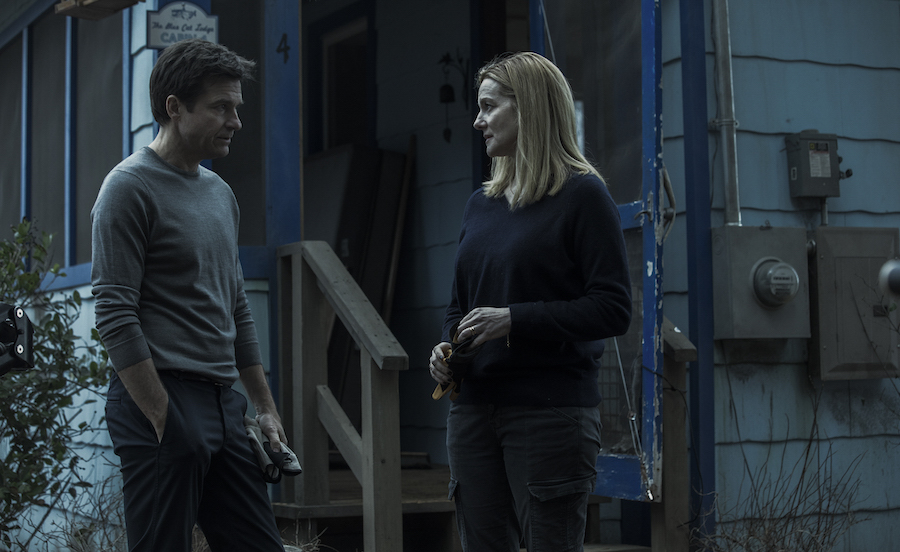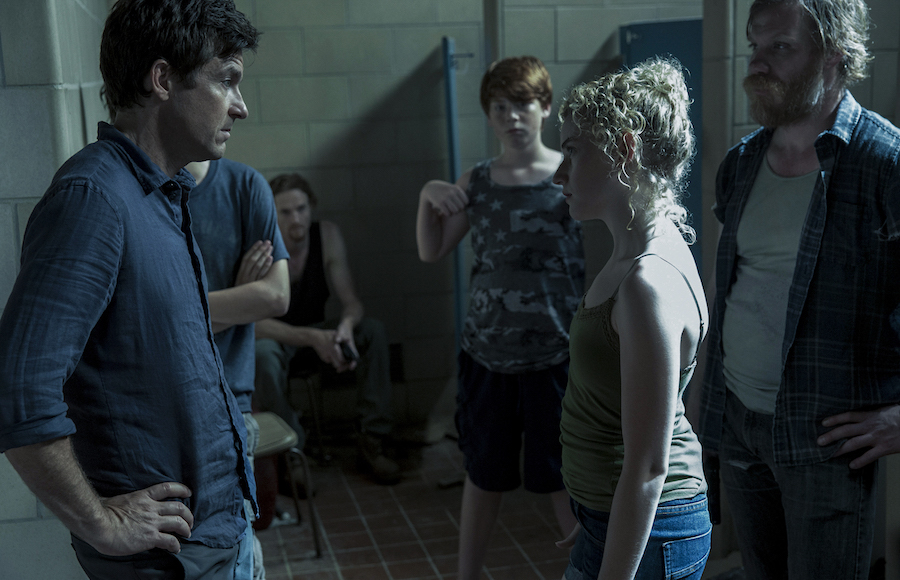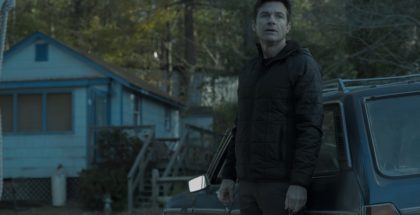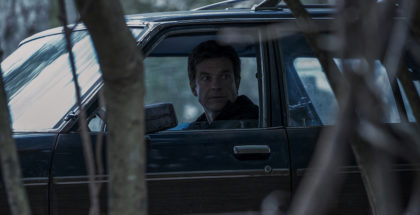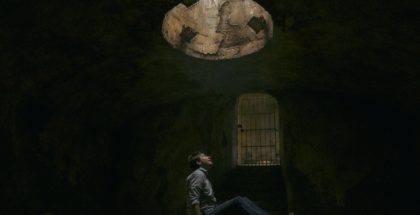Why you should catch up with Ozark
Review Overview
Episode 1
9Julia Garner
8Pacing
6Luke Channell | On 20, Jul 2017
This spoiler-free review is based on Season 1.
If the basic premise of Netflix’s new 10-episode crime drama sounds familiar, that’s because it is. Ozark centres on Chicago-based financial advisor Marty Byrde (Jason Bateman), who, in order to keep him and his family safe, must up sticks to the lake of the Ozarks in southern Missouri to launder money for a Mexican drug cartel. What with Marty’s illegal enterprises, his complicit family and the show’s scenic waterside location, Ozark feels like Bloodline by way of Walter White. While the set-up is familiar, though, Ozark offers up a bunch of intriguing characters and generates enough suspense to remain solidly engrossing throughout its first season.
Created by Bill Dubuque, Ozark immediately demands attention with a perceptive introductory voiceover by Marty, which considers the true nature of money and the importance of patience, frugality, sacrifice and work ethic in attaining the American Dream. Also, Marty’s instantly connected to the criminal world; his financial advisory business has been laundering money for a Mexican drug cartel, run by the volatile Camino Del Rio (Esai Morales), for the past decade.
Things catch up with Marty when Del uncovers an $8 million embezzling scheme, organised by Marty’s business partner, and begins violently executing everyone involved. In a frantic attempt to save his bacon, Marty pledges that he’ll repay the stolen money and relocate with his family to a “cash rich” summer resort community in the Ozarks. Once there he promises to ‘clean’ the $8 million and set up a new money-laundering operation for the cartel, which he guarantees will launder $500 million in just five years. On top of this, Marty has his own marital problems to deal with, as a private detective uncovers his wife’s affair. All of this is crammed into Ozark’s electrifying opening episode, which is surely one of the most confident, enthralling pilots this year.
Unfortunately, the show fails to sustain this momentum into the first half of the season. Too much time is wasted on uninteresting subplots and needless, inconsequential dialogue. Rogue FBI Agent Roy Petty (Jason Butler Harner), who relocates to the Ozarks in suspicion of Marty, is an interesting enough character, but exploring his backstory does little to service the impetus of the plot. Like several Netflix original programmes, Ozark feels unnecessarily drawn-out and lengthy.
Once Marty sets up shop in the Ozarks and begins to operate as an angel investor – buying up local businesses and channelling the cartel’s money through them – he encounters various threatening locals and discovers a web of illicit activities already operating within the Ozarks. Bateman, who stars, produces and directs four of the 10 episodes, proves he is just as impressive dramatically as he is comedically. Deftly delivering desperate, fast-talking pleas and balancing pathos and depravity, Bateman creates a convincing anti-hero. Laura Linney delivers a powerful performance as his wife, Wendy, an earnest, resolute individual, who is very much Marty’s equal. Their children, Charlotte (Sofia Hublitz) and Jonah (Skylar Gaertner) are also performed adeptly and avoid becoming the annoying children cliché of other crime dramas.
However, it’s Julia Garner who steals the show as Ruth, a 19-year-old who lives with her family of petty criminals on a trailer park. She’s easily the hardest character to pin down, initially trying to steal from Marty, before building up a seemingly good-willed alliance. Garner’s performance is expertly layered with fearlessness yet vulnerability, maturity yet innocence, intelligence yet naivety. She’s a completely unique character and her unpredictability keeps the narrative afloat during its drier spells.
Elsewhere, Harris Yulin offers some much-needed comic relief as the bizarre live-in landlord of the Brydes’ new home. And Peter Mullan and Lisa Emery play the patriarch and matriarch of the Snells, a murderous family of heroin-dealing farmers, whose sinister, inflammatory behaviour rejuvenates Ozark from its mid-season lull and shapes a propulsive, revelatory conclusion.
Considering Ozark’s original, picturesque setting, it’s disappointing that the series never deviates from a dour visual palette of cool blues and greys. Consequently, Ozark comes off as a bit self-serious – more injections of black-humour certainly wouldn’t have gone amiss. Yet Bateman’s unflashy direction, an unsettling score, and a script that adroitly weaves smaller moments into important plot strands helps sustain a consistently fraught atmosphere.
Ozark’s gripping finale satisfyingly binds its several subplots together and promises considerably higher stakes, should the show be granted a second season. While it might not be the most fresh or focused Netflix series, there’re still plenty of thrills to be had in Ozark’s world of brooding tension and well-acted, absorbing characters.



